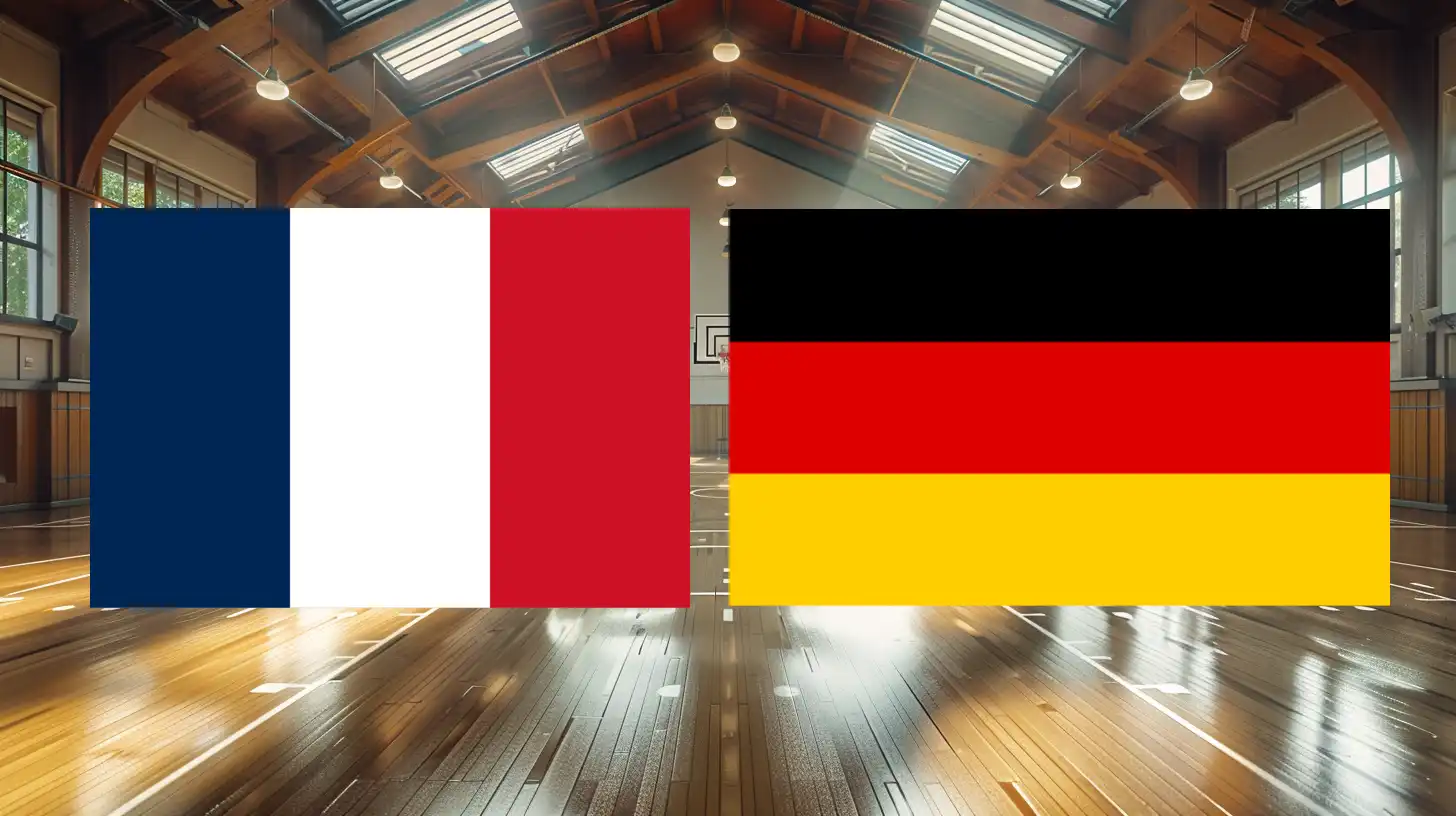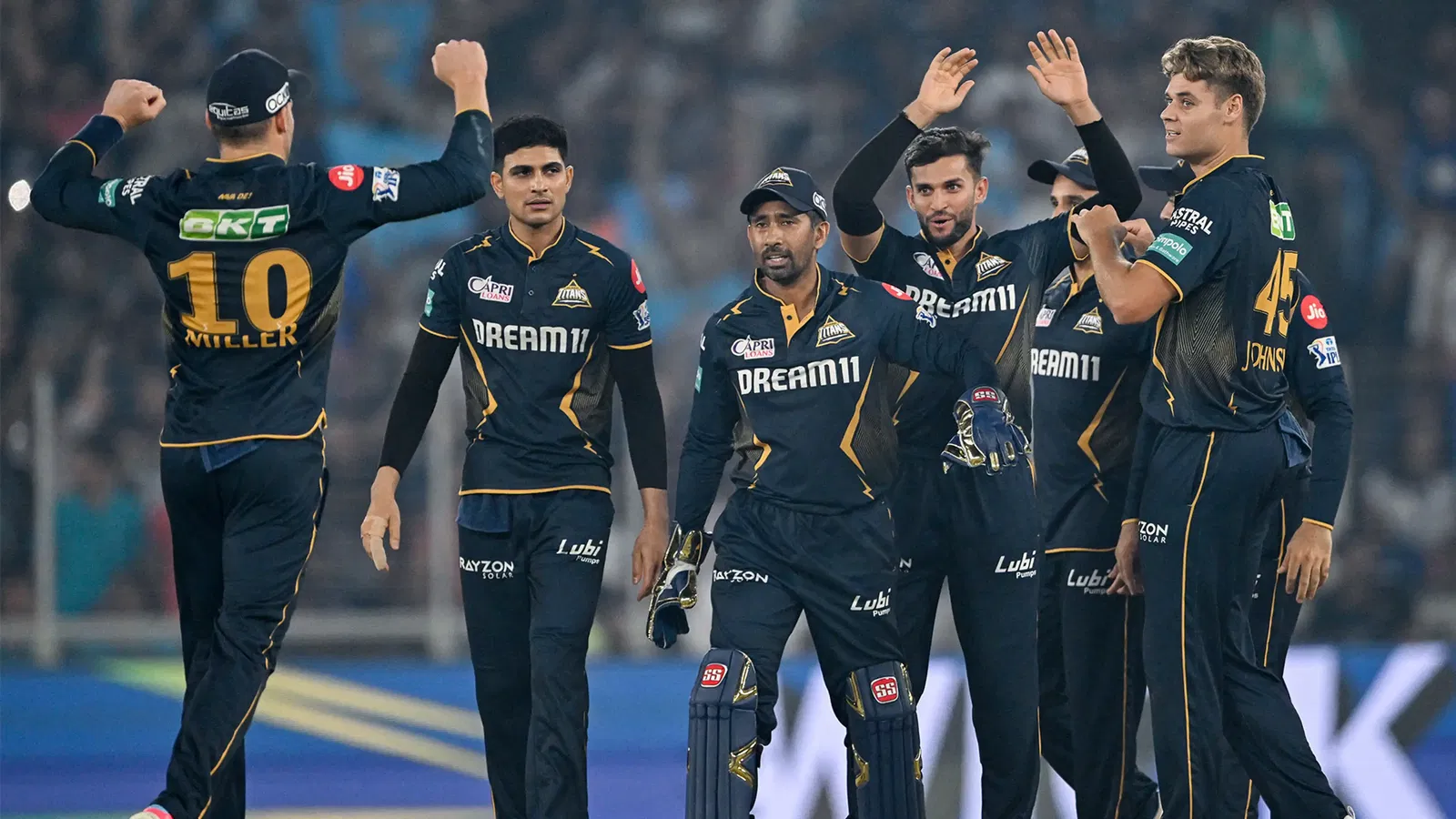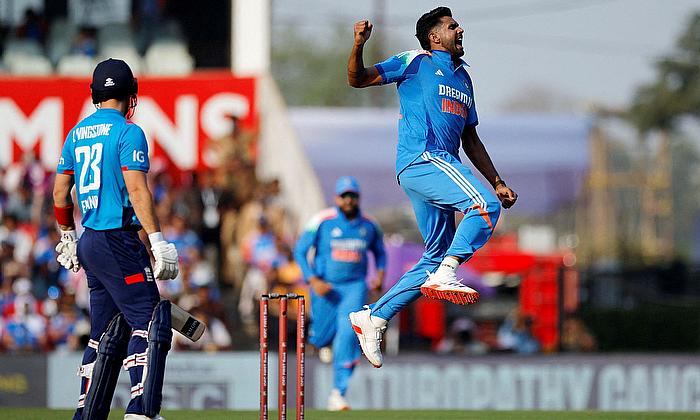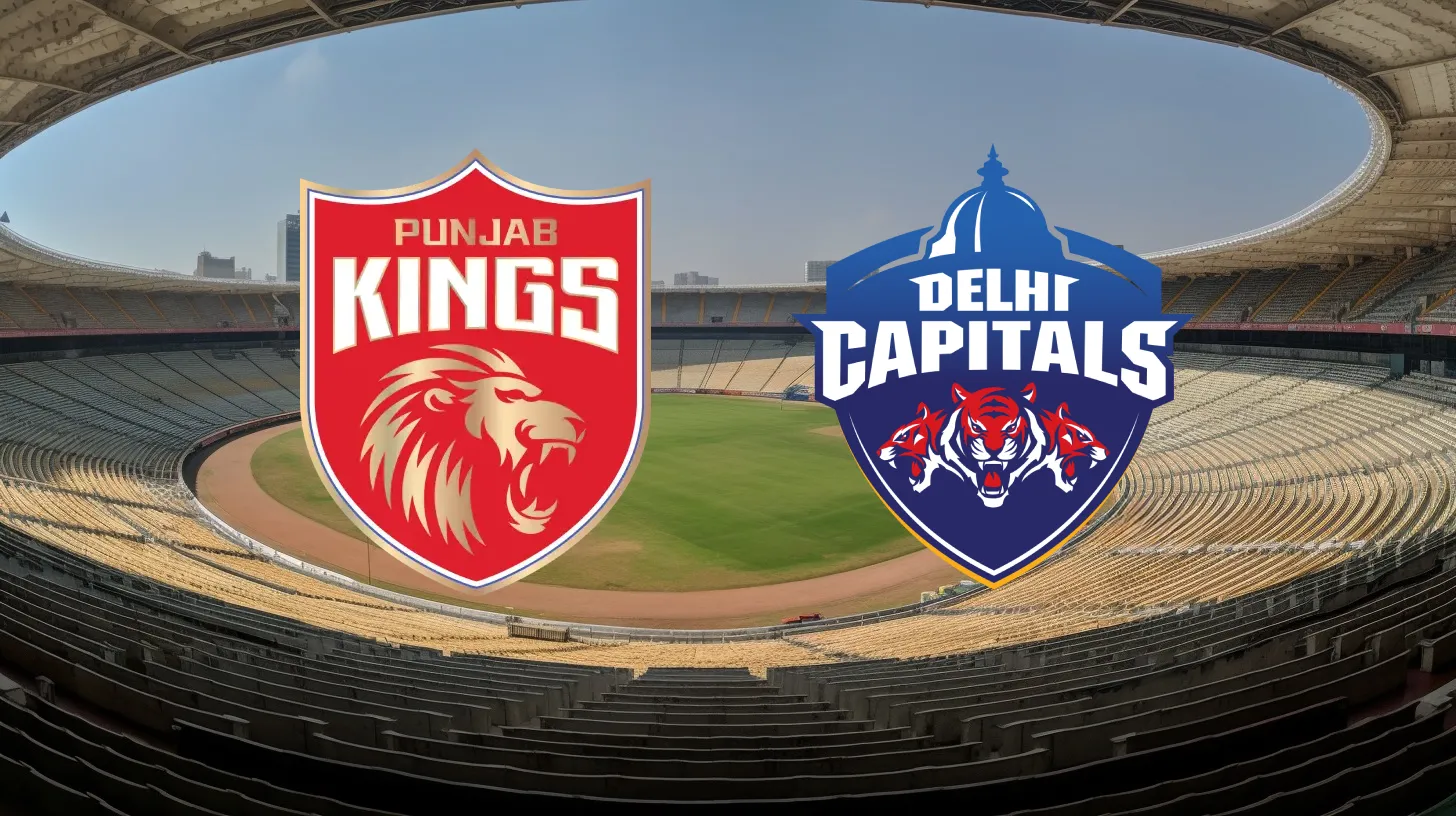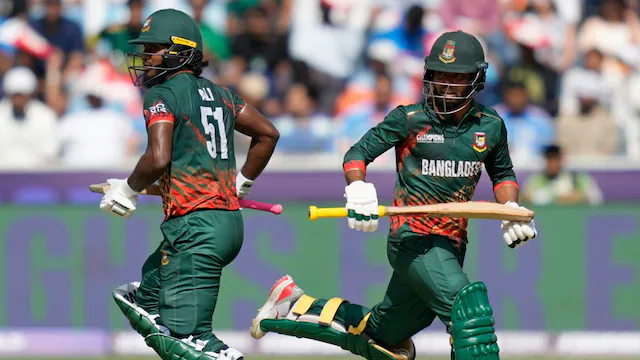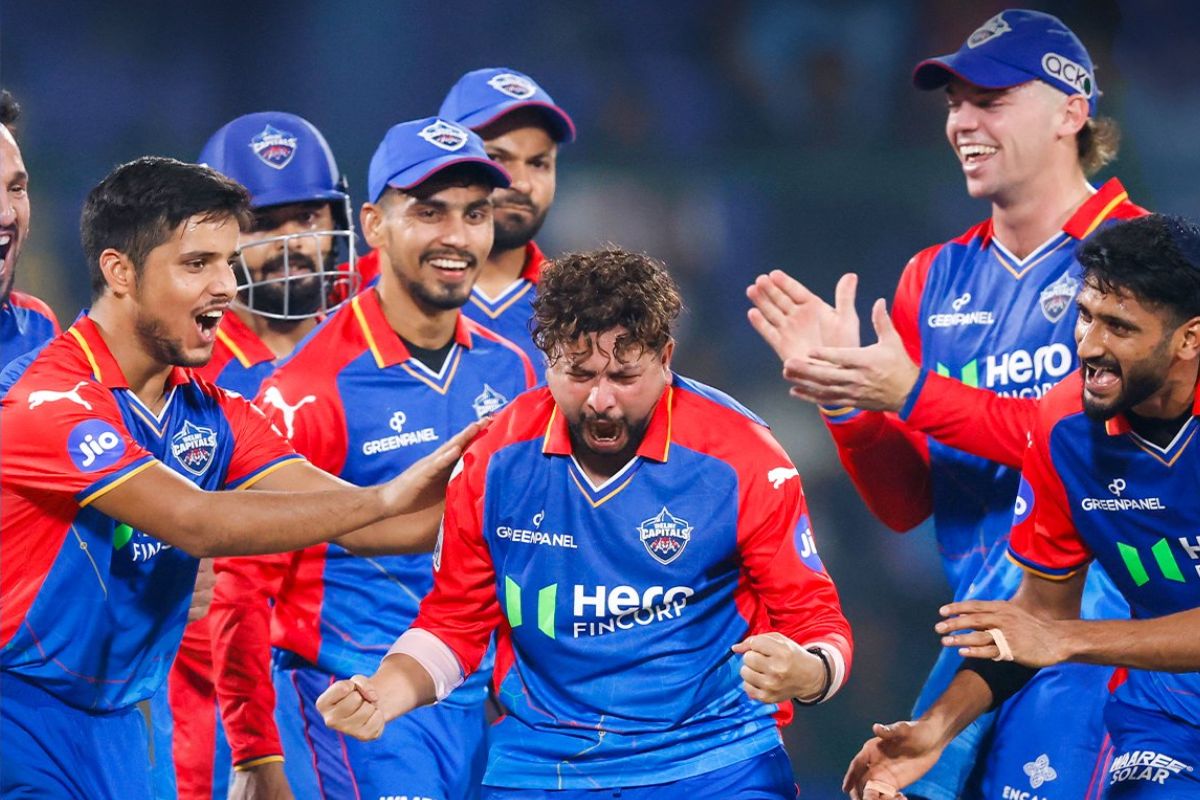In an unprecedented and disruptive turn for South Asian cricket, both the Indian Premier League (IPL) and Pakistan Super League (PSL) have been suspended amid escalating military tensions between India and Pakistan. The decision, made independently by the governing bodies of each league, reflects the grave seriousness of a conflict that has quickly moved from border skirmishes to a regional security crisis impacting civilian life, international relations, and now global sport.
On Friday, the Board of Control for Cricket in India (BCCI) announced the immediate suspension of the 2025 IPL for one week, halting a tournament nearing its high-stakes conclusion. The suspension was issued following a closed-door consultation between the BCCI, team franchises, and player representatives.
“The BCCI remains firmly committed to support all efforts that safeguard India and will always align its decisions in the best interest of the nation,”
said BCCI Secretary Devajit Saikia in an official statement.
The move came just hours after India’s government authorized strikes on what it alleged were terrorist camps operating within Pakistani territory. Pakistan denied involvement but has responded with cross-border shelling and drone activity, leading to dozens of reported casualties. Amid this volatile backdrop, both cricket boards were left with little choice but to suspend operations.
🚨TATA IPL 2025 has been suspended for one week.🚨
— Chennai Super Kings (@ChennaiIPL) May 9, 2025
At this time of crisis, we understand and support the decision to place national security and sovereignty above all.
To our superfans,
At this difficult time all you need is love. We will be back stronger! 💛✨ pic.twitter.com/Tp3BlhEXRF
IPL Matches Abandoned and Relocated as Uncertainty Grows
The impact on the IPL was immediate. Friday’s high-profile match between Lucknow Super Giants and Royal Challengers Bengaluru was abandoned midway in Dharamsala following an unexplained power outage. Organizers swiftly shifted Sunday’s game to Ahmedabad as a precaution.
Though the IPL 2025 season had only 12 group stage matches remaining before entering the knockout rounds, the BCCI emphasized that no sporting commitment can supersede national security concerns. There was no announcement regarding a new schedule, with Saikia stating only that revised dates would be provided “in due course.”
Foreign players—an integral part of the IPL’s global appeal—have not been issued a centralized directive by the BCCI. Saikia clarified that decisions regarding the return or continued participation of overseas players would rest with each franchise. The uncertainty places considerable pressure on team management to weigh safety concerns against tournament continuity.
PSL 2025: From UAE Relocation to Full Suspension
In Pakistan, the PSL initially attempted to maintain momentum by relocating the final eight matches of the tournament to the United Arab Emirates. However, that contingency plan was scrapped later the same day following an intervention by Pakistan Prime Minister Shehbaz Sharif, who advised the Pakistan Cricket Board (PCB) to suspend the competition indefinitely.
“The PCB recognises the efforts and support of its partners… but cricket must take a respectful pause,”
read the PCB’s statement, which also acknowledged the psychological burden the conflict has imposed on players and their families.
This reversal illustrates the sheer unpredictability of the situation. Only hours earlier, franchises had begun preparing logistical moves to the UAE, while broadcasters were restructuring coverage plans. Now, those same partners are left in limbo.
The Business of Cricket Faces Massive Repercussions
Both leagues stand as multi-billion-dollar operations at the crossroads of sport, commerce, and national identity. The IPL, in particular, boasts the largest global TV audience in franchise cricket, extensive sponsorship portfolios, and deep investments from international corporations. Disruption of this magnitude could trigger contract disputes, insurance claims, and significant financial losses across the cricket ecosystem.
Broadcasters have already been forced to scrap scheduled programming. Streaming services, which command vast viewer bases both domestically and internationally, are now dealing with subscription cancellations and viewer dissatisfaction. Sponsors, many of whom tied major campaigns to IPL viewership peaks in May, are seeking clarity from the BCCI regarding advertising reimbursements and rescheduling.
Player unions have not issued statements yet, but player agents report rising anxiety among foreign athletes, particularly those from non-South Asian nations who may be unfamiliar with the local security dynamics.
Cricket as a Soft Power Tool – Now in Crisis
Cricket has long been positioned as a tool for cultural diplomacy between India and Pakistan. Previous historic matches, such as the 2004 India-Pakistan tour and the 2011 World Cup semifinal, were praised for thawing bilateral tensions. The current situation, however, flips that dynamic entirely: rather than diffusing hostility, cricket now finds itself silenced by the sound of conflict.
The timing is particularly delicate. With the 2025 ICC Champions Trophy set to be hosted in Pakistan, and ongoing discussions about expanding franchise leagues across Asia, regional cricket stability is more vital than ever. Both the BCCI and PCB face the difficult task of navigating diplomacy, national responsibility, and the expectations of millions of fans around the world.
What Lies Ahead: Cautious Optimism, But No Guarantees
The BCCI has not ruled out the resumption of the IPL once the one-week suspension expires, but any forward movement depends entirely on developments beyond the cricket field. Likewise, the PCB has left the door open for PSL’s return, contingent on national security assessments.
In the coming days, both boards will likely face mounting pressure from sponsors, broadcasters, and fans eager for updates. Yet, amid these commercial considerations, the prevailing narrative remains clear: in times of national crisis, even a sport as revered as cricket must yield.
Place your bets at JitaBet, JitaWin, and Jita88, they offer really good odds, play and win big!
IPL 2025 Has Been Suspended! pic.twitter.com/5MXrSS6FAE
— RVCJ Media (@RVCJ_FB) May 9, 2025
Conclusion
The simultaneous halting of the IPL and PSL marks a historic moment in modern cricket—one where geopolitical volatility has pierced through the commercial sanctity of franchise leagues. As both boards prioritize national interest, the cricketing world watches and waits, hopeful for a peaceful resolution that will allow the bat and ball to resume their rightful place in the center of South Asia’s cultural identity.
For now, the stadium lights are dimmed, and the roar of the crowd is replaced by silence—proof that even the most powerful sport in the region must pause when the stakes go far beyond the boundary line.

